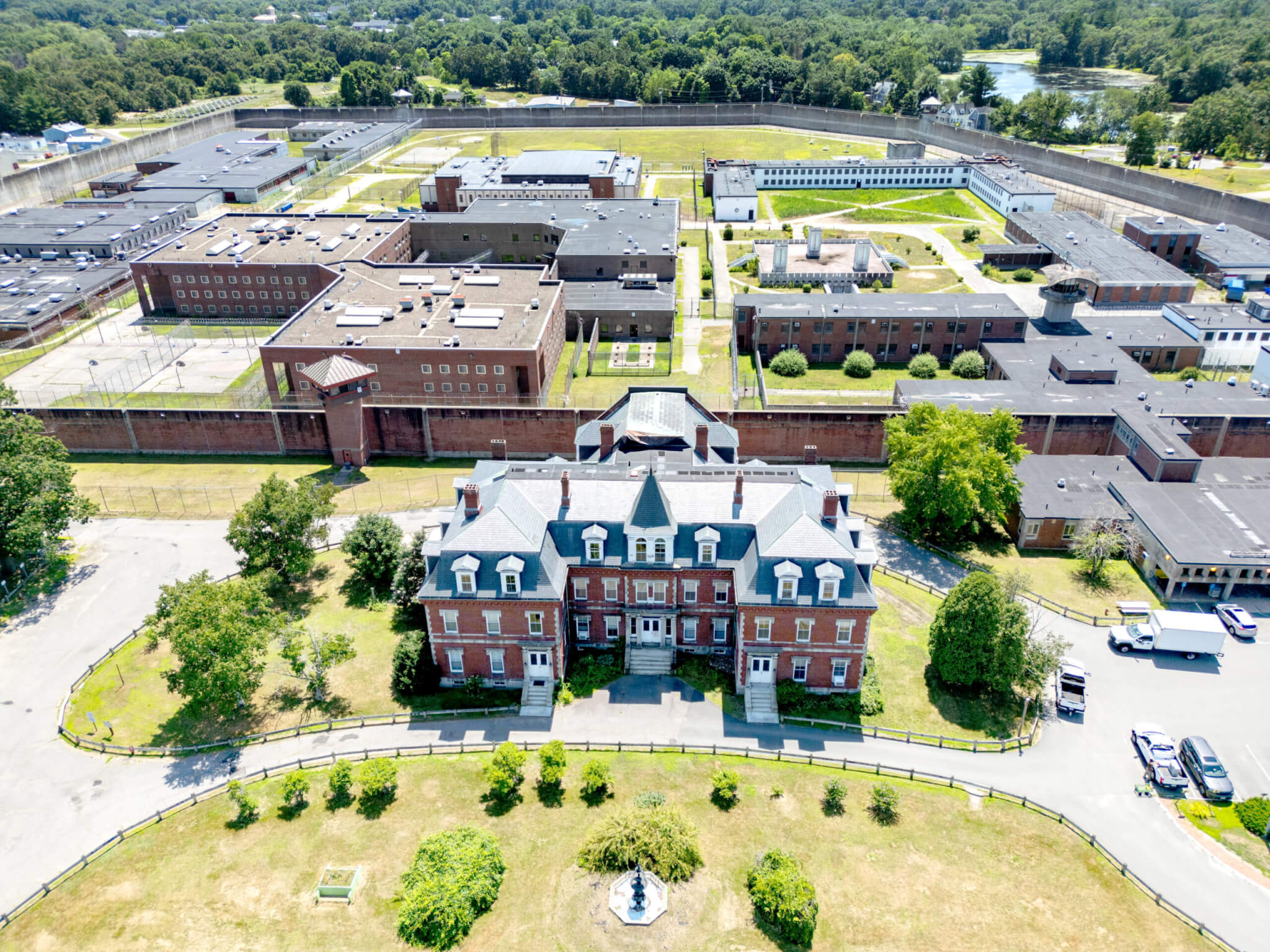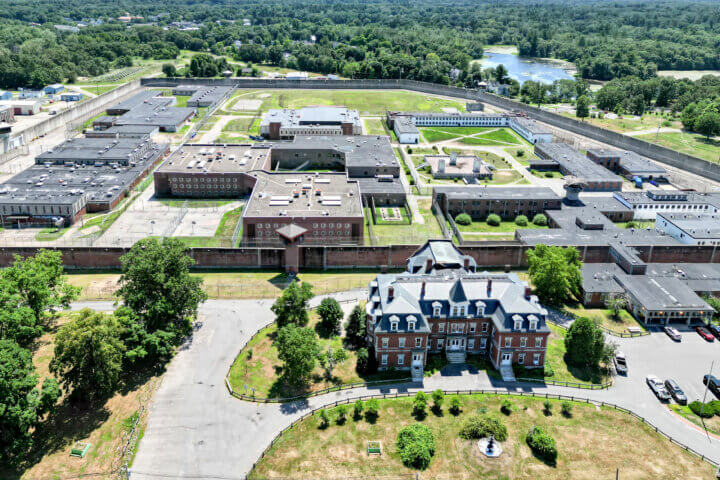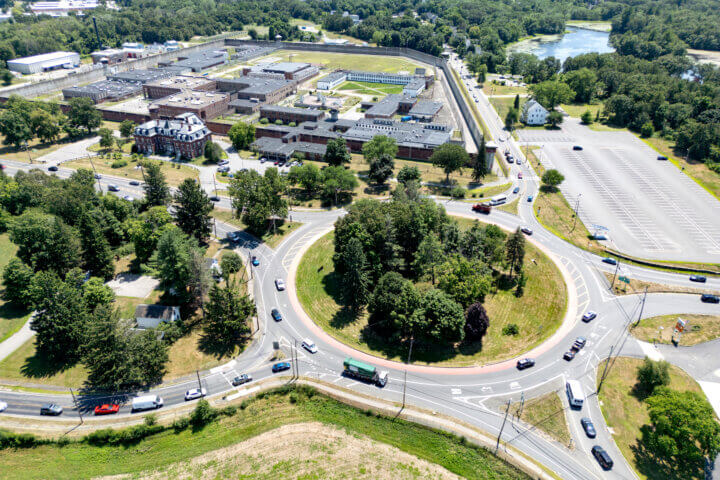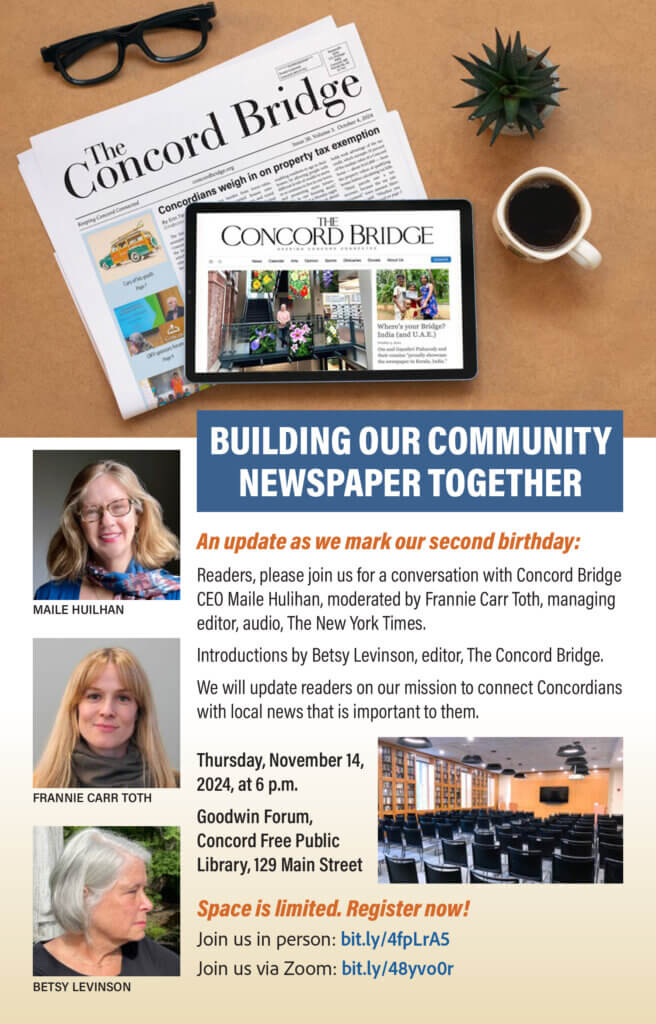By Erin Tiernan — Erin@concordbridge.org
Concord has one year to spend $725,000 the state is offering to help cover the costs of MCI-Concord redevelopment planning. If it doesn’t, the town not only risks losing any unspent cash, but souring its chances for future funding, officials say.
State Rep. Simon Cataldo (D-Concord) said the money will be distributed this month. Town officials still have to decide how to spend it.
Every dollar not spent by fiscal year-end (June 30) must be returned to the state. If Concord leaves money on the table, Cataldo said there’s “no guarantee” it will get more funds for MCI planning in future state budgets.
The Concord lawmaker told members of the MCI Concord Advisory Board he’s paying “close attention” to how they choose to handle their role in the planning — which will affect how aggressively he pursues funding going ahead.
“The size of the earmark reflects the role that all of us who worked for [it] had in mind for this committee,” Cataldo said.
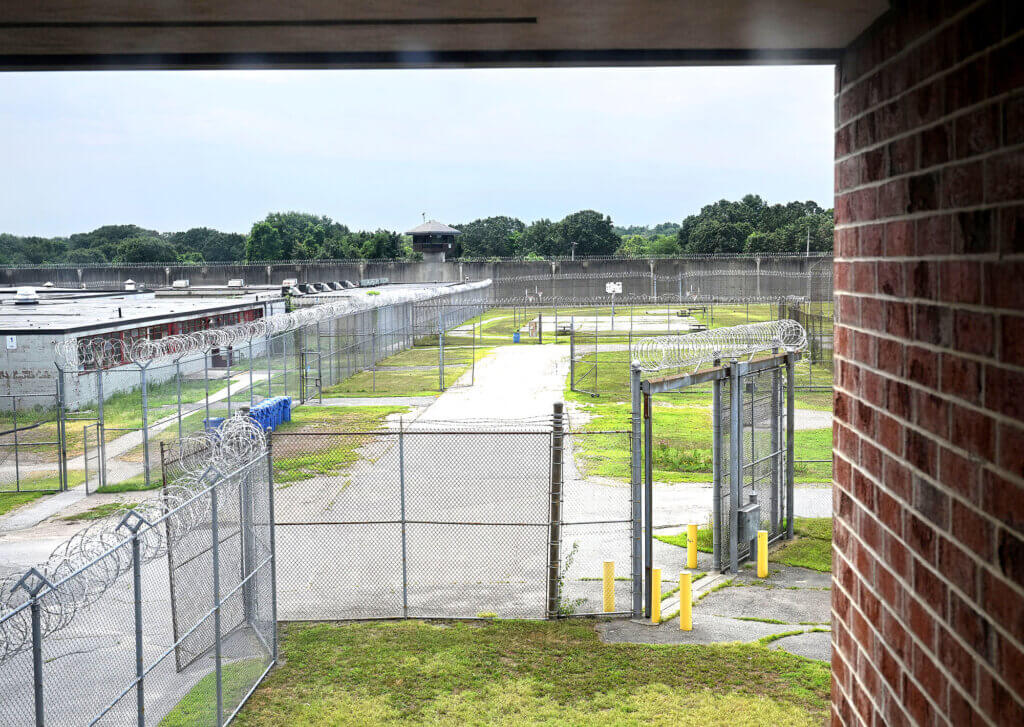
What’s in the budget
Town staff have mapped out a plan to spend $475,000 over the current and coming fiscal years, according to a draft budget Deputy Town Manager Megan Zammuto presented this month. The roadmap breaks the spending into three parts: conceptual planning and envisioning, public outreach, and rezoning.
But the town’s plan doesn’t say how it would spend another $250,000 earmarked in the state budget passed in July.
Cataldo referenced apparent “confusion” over the coming cash during a recent MCI-Concord Advisory Board meeting, noting there are two separate state earmarks for Concord’s planning — one for $475,000 and the other for $250,000.
The $725,000 total “couldn’t be any clearer” in the budget language, he told The Concord Bridge.
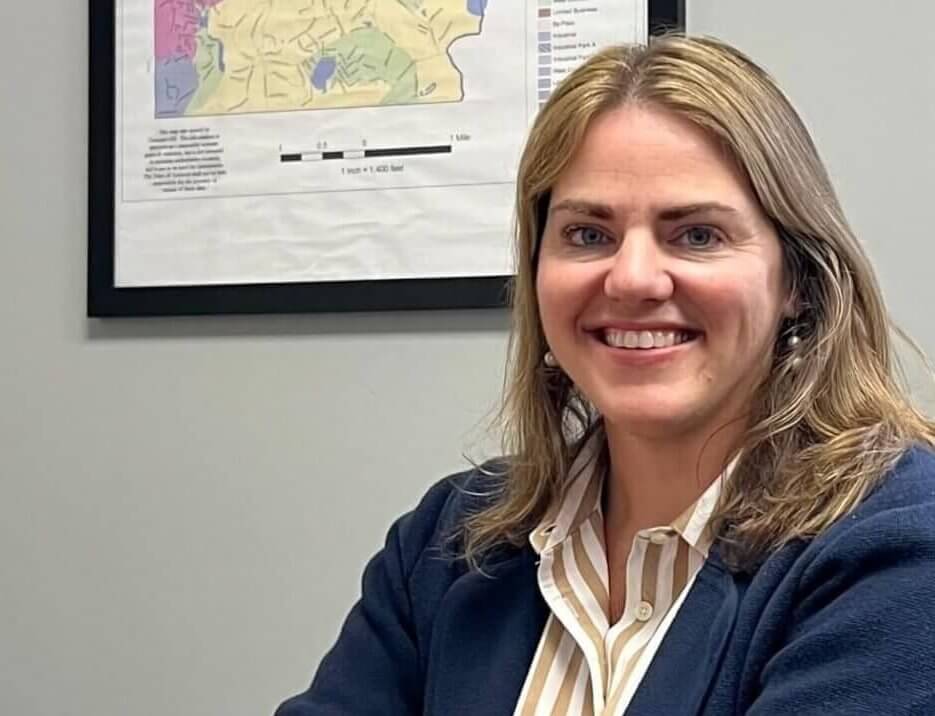
In response to Bridge questions, Zammuto said, “Concord has reviewed the authorizing language extensively, which reserves no less than $475,000.”
Zammuto said the town would be granted access to the funds by the state “within the next week or two.” The MCI Concord Advisory Board will direct the process and decide how to spend the money, she said.
That advisory panel will counsel the town on how to move forward with rezoning the 51-acre prison parcel. Zoning will serve as Concord’s “control point” for what could — and could not — be built on the site, Select Board clerk and Advisory Board member Mark Howell has said.
Who takes the lead?
Talks about how to spend the state cash have raised questions about the town’s role in the redevelopment of the prison land.
Zammuto said she didn’t include funding to hire a conceptual planning consultant to kick off the redevelopment process because the state Division of Capital Asset Management and Maintenance (DCAMM) is legislatively required to hire one.
The state isn’t giving or selling Concord the prison property. Instead, DCAMM, which controls the property, will ultimately strike a deal with developers to repurpose the land where inmates were housed for 146 years.
State officials have pledged to work in “partnership” with the town to determine the property’s next use. Still, some local leaders are skeptical that the state, which is focused on housing, would have its consultant seriously consider what Concord may want.

‘Just a listening committee’?
Advisory Board member Elizabeth Akehurst-Moore said leaving conceptual planning to a state-hired consultant is “worrying” — and that she was “surprised” to have to debate the issue at all.
“I’m going to go ahead and speak for some people: a lot of us are going to feel that we might be wasting our time if we are just a listening committee,” she said.
Cataldo said Concordians should be leading the “visioning” process.
“If this was a consultation and community engagement committee, that would have been a $15,000 earmark. It’s very decidedly not that,” he said earlier this month. He told The Bridge he wants to see the town hire and direct its own consultants to represent Concord’s unique interests.
However, Advisory Board member Erin Cusker said separate state and town consultants could be “duplicative.”
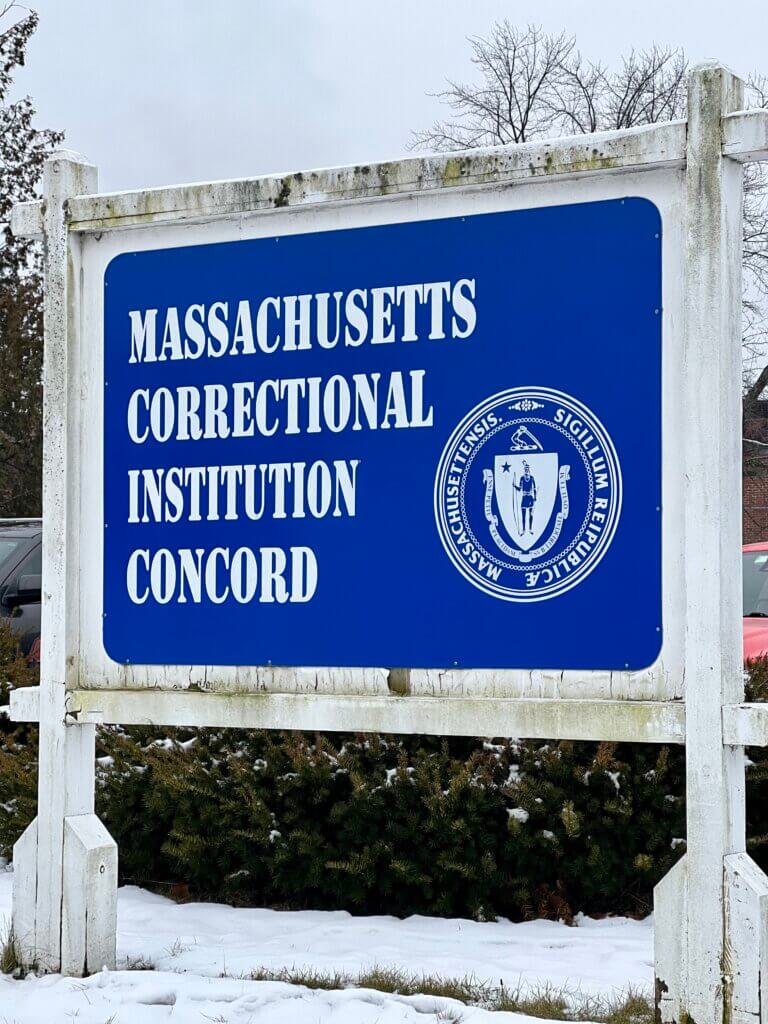
Ticking clock
DCAMM could sell the MCI property as soon as spring 2026. Legislation dictates part of what has to happen before that sale.
In the leadup, “We want to take as much information as we can from the local perspective, combined with the state’s clear priorities on decarbonization, accessibility, and housing,” DCAMM project manager Paul Lillehaugen said.
He said the state will consider building configurations, density, and how the new development would work within Concord. Still, ultimately it will rely “on the professional expertise of a developer” when reviewing proposals.
Co-chair Dan Gainsboro, who supports the town hiring its own dedicated consultant, said “it’s time” for the Advisory Board to define its role.
“The clock is ticking, and it’s time to make progress,” Zammuto recently told board members.



